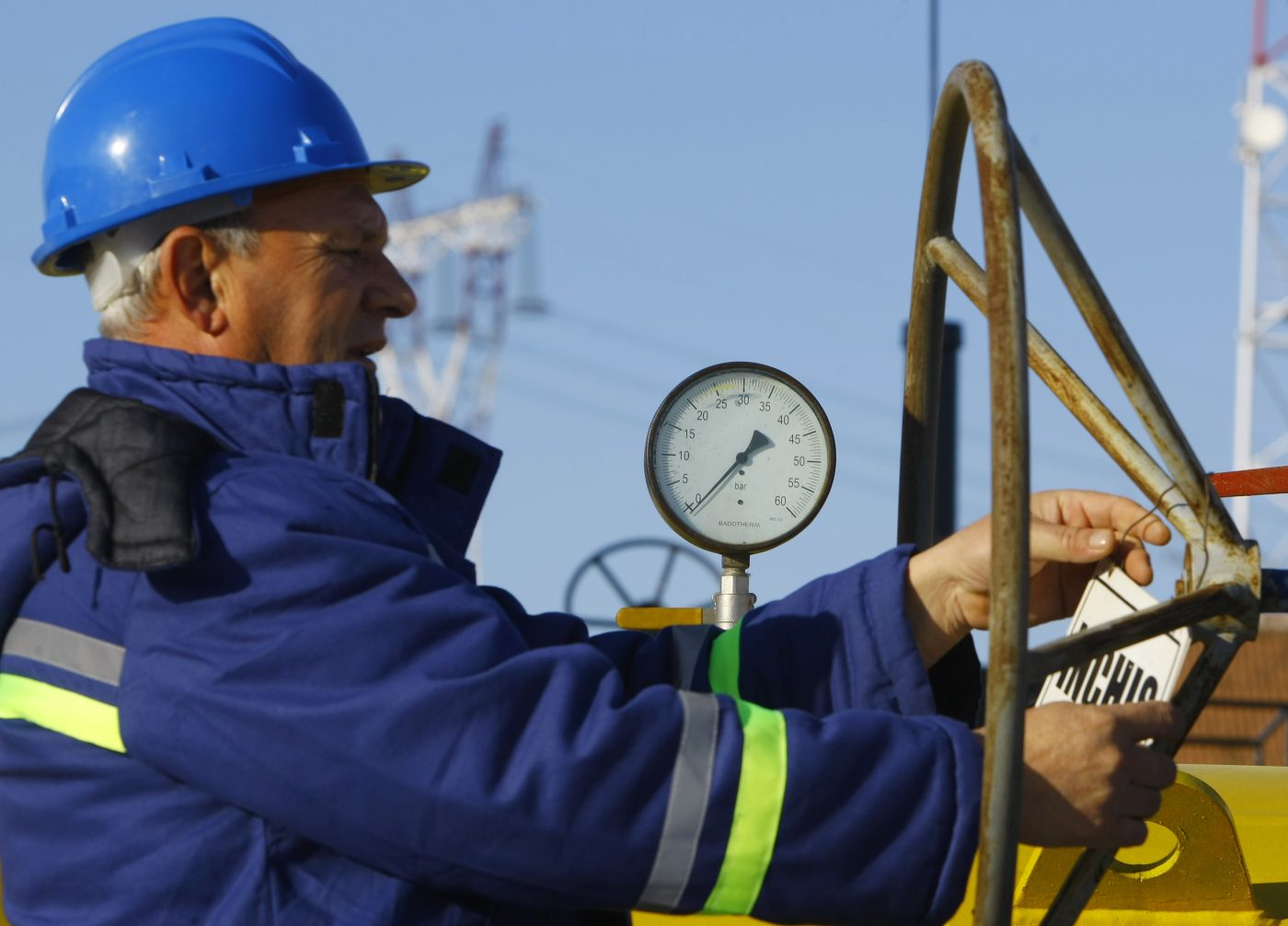It was a surprise when an Iraqi headquartered-holding company said at the end of 2022 it had bought an insolvent power plant in central Romania, pledging to invest €1bn ($1.06bn) in gas generation on the site.
Even more surprising was a government statement in March saying that the fuel would be sourced domestically and that the electricity generated on-site would cover local needs, as well as those of EU neighboring countries and Moldova.
There was more good news. The gas transmission system operator, Transgaz, announced it had received commercial proposals to build a pipeline connecting the much-delayed Black Sea offshore gas field, Neptun Deep, to join the national grid by 2026.
The optimistic take is that these developments mark a fresh beginning and that Romania is at long last remedying the errors of recent years. These include acute under-investment in aging infrastructure and a decline in onshore natural gas production. A new direction would also help make Romania a reliable security partner, less vulnerable to outside pressures.
Yet, Romania’s recent history and evidence of close links to the Kremlin, especially in the energy sector, should encourage caution, and perhaps even pessimism.
Along with Norway, the UK, and Ukraine, Romania has some of the largest gas reserves in Europe.
However, its policies have been such that investors, including high-profile super-majors such as ExxonMobil or Chevron, found it difficult to continue their presence in the country, opting to sell and leave.
On the one hand, the government has been discouraging local production, and on the other actively incentivizing gas imports, which in most cases were of Russian origin. Russian gas accounted for 2% of Romanian consumption in 2015; that multiplied by thirteenfold to 26% in 2021. Critics point — among other things — to the government’s emergency ordinance 114/2018, which created a market in which Russian imported gas was unregulated while domestic suppliers had their prices capped even as the government imposed additional taxes. It was an importer’s charter, and Romania’s only significant supplier is Russia.
Romania’s offshore gas reserves are thought to be as high as 200bn cubic meters, enough to cover its own annual demand for 20 years at current levels. Unconventional shale gas reserves may be just as high.
For all its natural wealth, it only succeeded in bringing online a small offshore Black Sea field last year, adding one billion cubic meters of gas annually to its existing, but falling, onshore production.
Even this important achievement was only made possible by the tenacity of the US Carlyle Group in withstanding strong political headwinds. Others were deterred by years of confused official signaling, including a punitive law on offshore production.
Prior to the amendment of the Offshore Law in 2022, Romania was charging a 51% levy, on offshore gas production, which was ten times the European average, according to PwC.
The latest amendments introduce regressive taxation, lift a ban on exports, and state that the levies would not change for the duration of projects.
That said, within a few months after its adoption, the government introduced last-minute gas price caps and new taxes for producers and suppliers, which were described as “catastrophic” by European energy associations.
All these meant that the Neptun Deep bloc is still not in commercial operation, although discussions have been ongoing for more than 10 years and billions of dollars have been invested. Shale gas production was meanwhile stopped after Romanian Orthodox priests were roped in to block Chevron from drilling for shale gas.
Ironically, Romgaz, the Romanian gas incumbent and producer, rather than concentrating efforts on commissioning production at the Neptun Deep bloc where it is a stakeholder, signed a short-term import deal with Azerbaijan (although the true source of the gas is unclear.)
Even though Romania has started exporting natural gas to neighboring countries such as Bulgaria and Hungary in recent years, it has only done so after proceedings brought by the European Union (EU.)
In 2017, the European Commission singled out Transgaz for blocking gas exports, quoting “unfounded technical arguments as a pretext to prevent or justify delays.”
Although Romania is exporting gas to Bulgaria, Hungary, and Moldova from its own system, it has systematically blocked any attempts to allow similar arrangements with Ukraine, quoting differences in gas quality between the two countries.
Romania and Ukraine have five border points with a total capacity hovering around 30bn cubic meters. However, Transgaz has agreed to sign only one interconnection agreement for a fraction of the capacity, blocking Ukraine not only from sourcing gas from Romania but also gas transiting Romania from elsewhere in southeastern Europe.
Numerous resident and non-resident companies have approached the energy regulator, ANRE, and Transgaz, to discuss new investments or projects to help integrate the region. However, e-mails either go unanswered or receive a registration number and no follow-up.
All in all, it’s not a happy picture.
So how can Romania fix this? As first steps, it should look to:
- Tighten the independence of the energy regulator and of state-owned energy companies by ensuring appointments are made on merit rather than political or personal affiliations;
- Reduce red tape, scrap market-unfriendly regulations, and replace them with predictable rules designed to attract and retain investments;
- Identify and pursue critical projects such as offshore gas production and renewable projects;
- Expand cross-border trading with neighboring EU countries as well as Moldova and Ukraine, without discrimination; and
- Invest in infrastructure upgrades as well as research to ensure the country is prepared to meet the green transition challenges.
These measures would transform the Romanian energy market. They would increase national income, improve energy security, bolster the country’s reputation as a destination for foreign investment, ease the burden on consumers, and improve regional relations.
Dr. Aura Sabadus is a senior energy journalist who writes about Eastern Europe, Turkey, and Ukraine for Independent Commodity Intelligence Services (ICIS), a London-based global energy and petrochemicals news and market data provider.
The views expressed here are her own.




